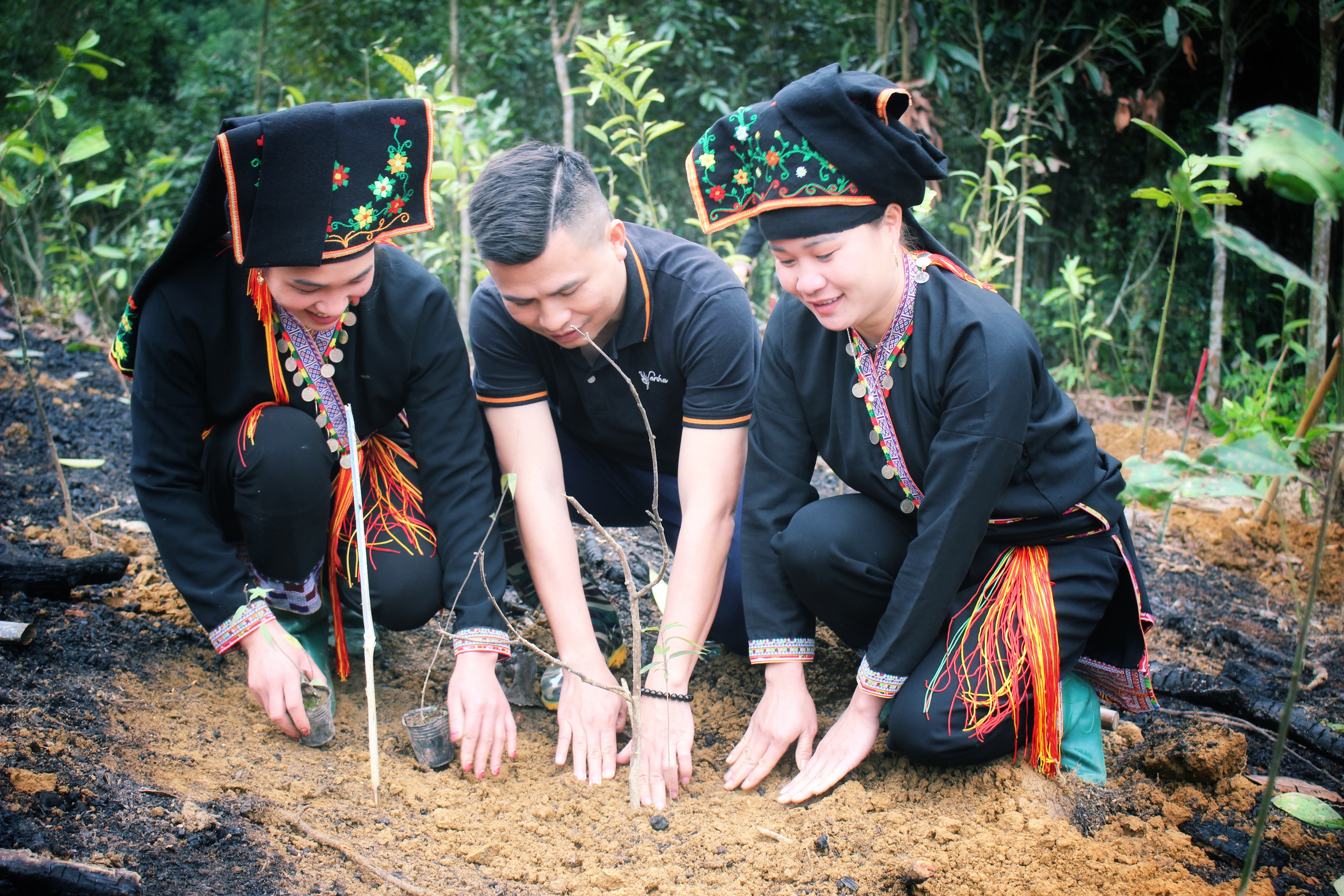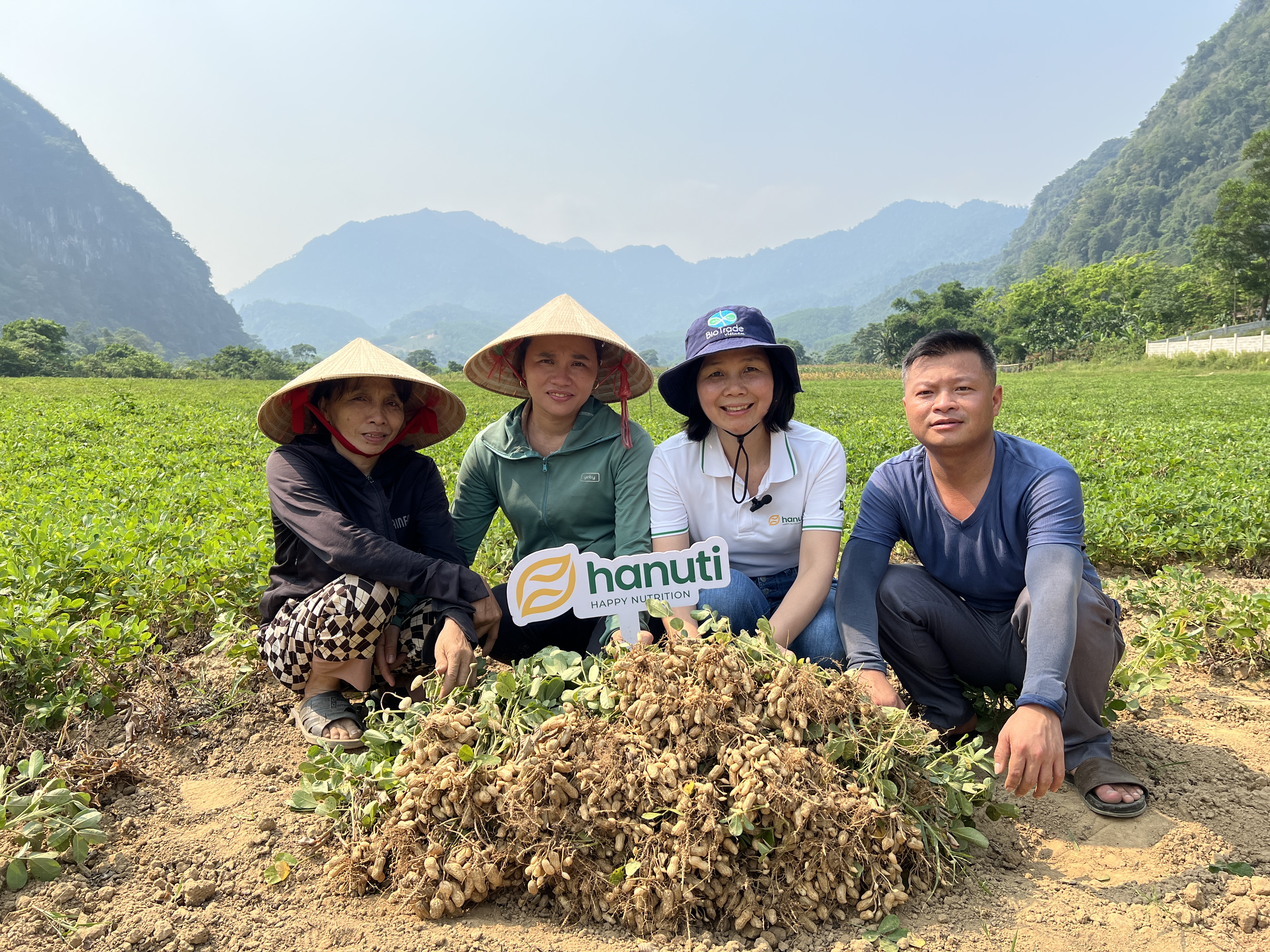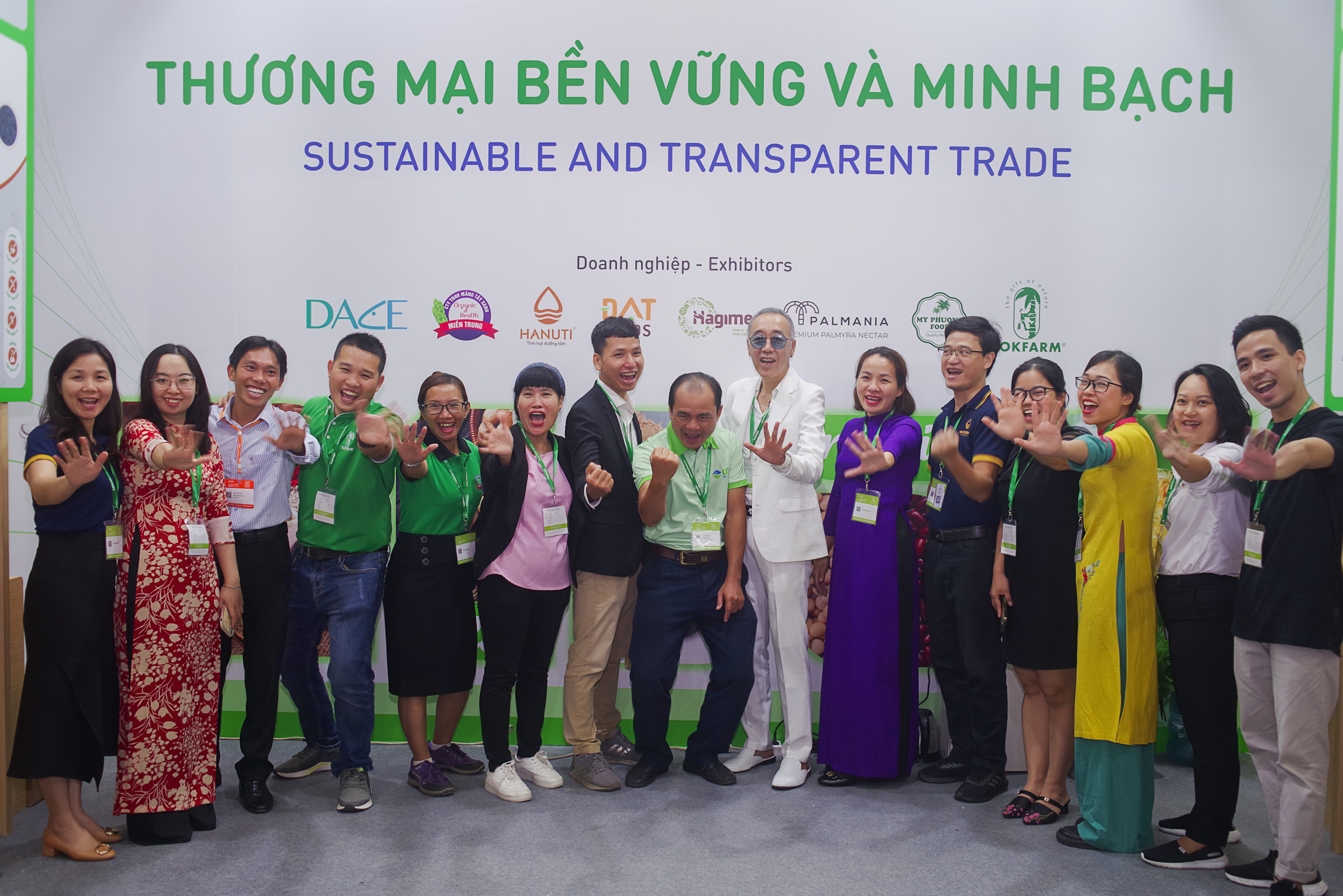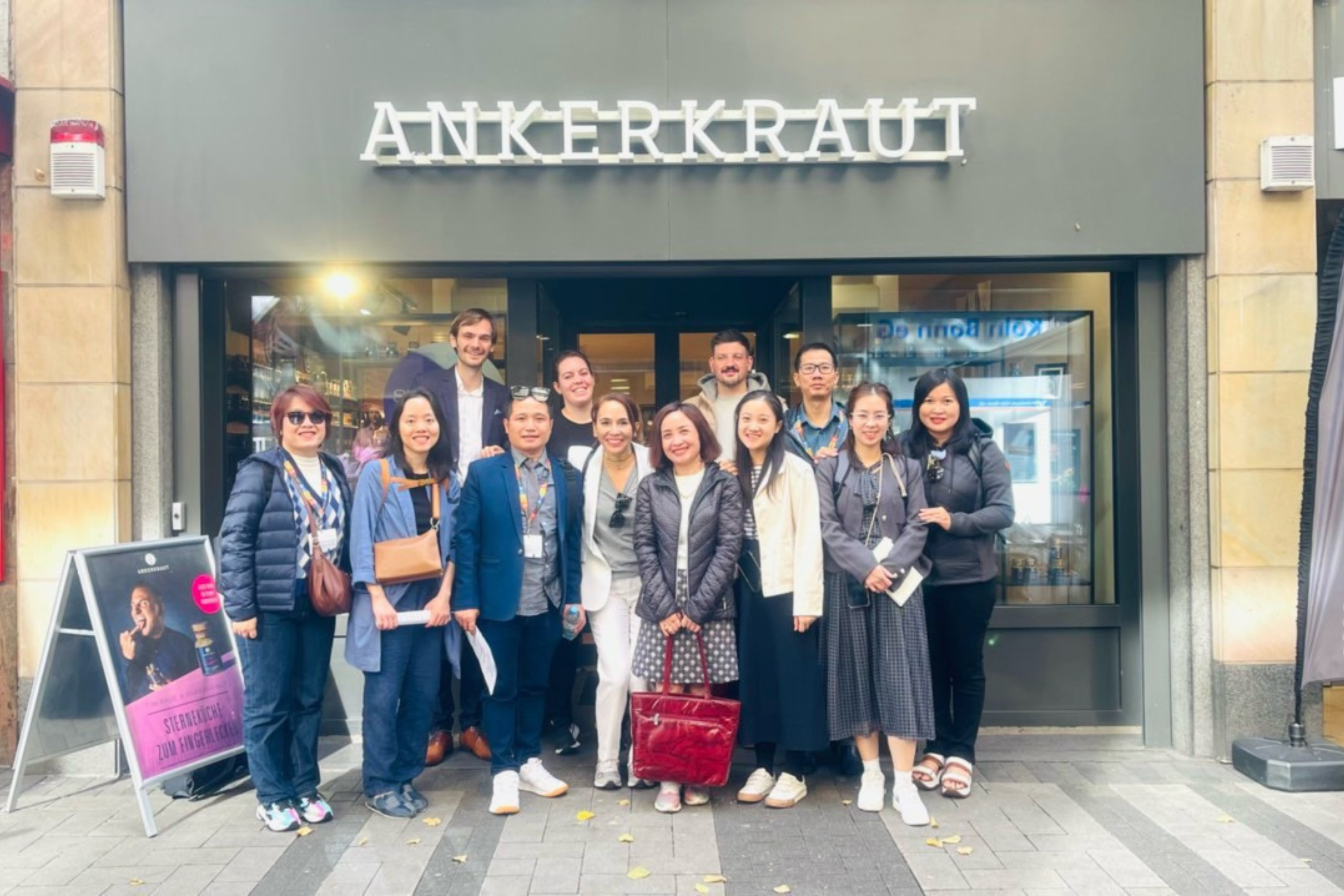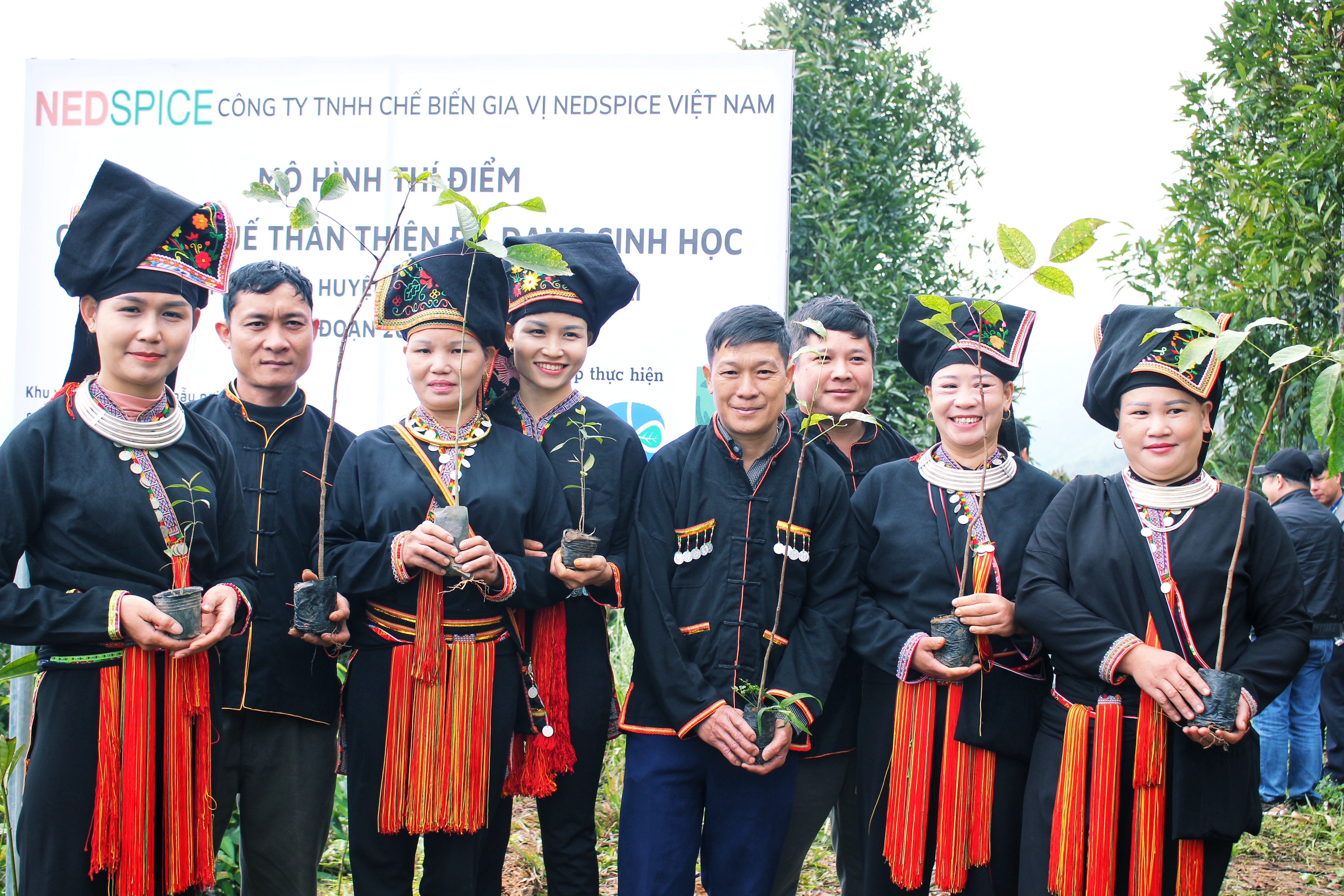The RA certification program aims to promote sustainable management in agricultural products with 6 groups of requirements, including: (i) Sustainable management, (ii) Product traceability, (iii) Income and Shared responsibility, (iv) Sustainable farming management, (v) Social responsibility, and (vi) Conservation of Ecological environment.
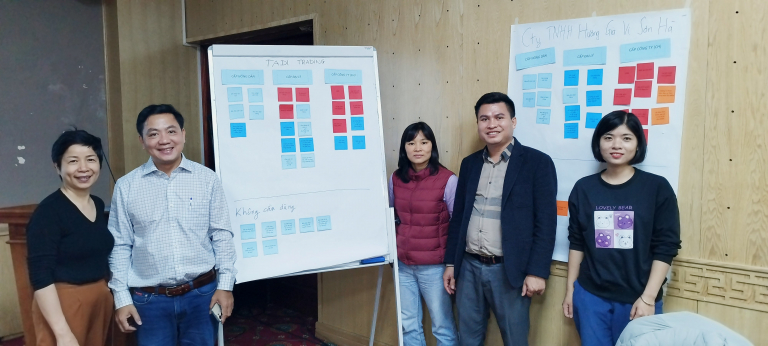
Trainees from businesses in the practical exercise
The training course with professional design, going to the issues and providing basic knowledge that close to reality has helped the trainees in:
- Opportunity to realize, learn and fully understand about 6 main groups of RA standard’s requirements;
- Raise awareness about the importance of complying with sustainable agricultural standards in production and improving the capacity of systematic management with being responsible to workers and farmers and contributing to the conservation of agricultural products. biodiversity and ecological environment.
- Applying and progressing to RA certification not only helps to increase product value, create opportunities to penetrate and export to large markets, but also helps businesses adjust farming methods, supply chain management systems, as well as changing the concept and approach of the parties in the commercial value chain about sustainable agriculture, biodiversity, ecological environment, sustainable livelihoods, and social responsibility. These are also the goals towards the United Nations and countries around the world in the roadmap to 2030 and vision to 2050.
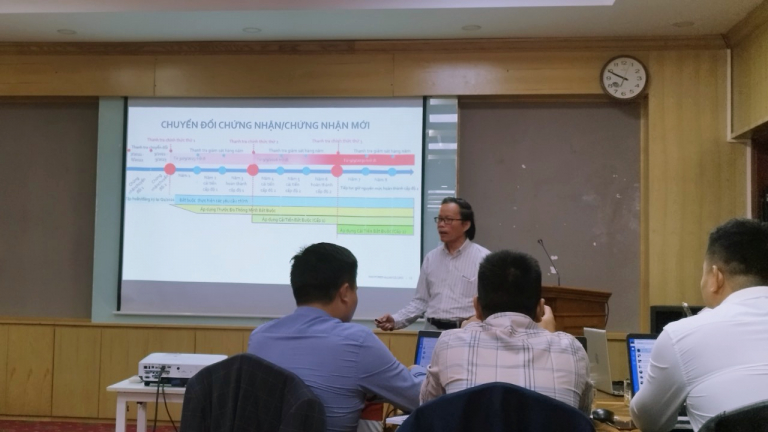
Mr. Nguyen Van Thiet – Chief of RA Representative Office in Vietnam, trainer of training course
Mr. Bui Khanh Tung – Senior Officer of Biotrade Project, representing the trainees, said: “This training course on RA is really valuable: It provides a foundation of awareness and knowledge about RA standard requirements and certification for businesses. This is the basis for businesses to be determined to cooperate with agricultural households to realize the road to a sustainable, circular, responsible and adaptive agricultural economy. The principles and goals of the RA are very similar to the vision and goals of Biotrade as well as the 17 sustainable development goals that the United Nations declared at the Conference on Sustainable Development in Rio de Janeiro in 2012.”
This training activity is within the framework of the Regional Biotrade project, phase II – Biotrade SECO that funded by the Swiss Federal Economic Service (SECO) and implemented by the Center for Rural Development Economics – CRED, has supported businesses to export sustainable products in the natural materials industry in Vietnam.



